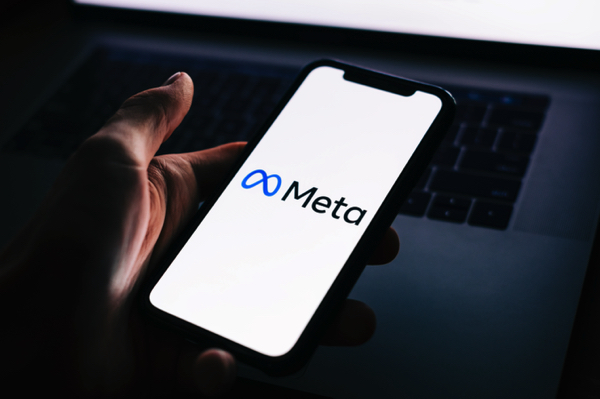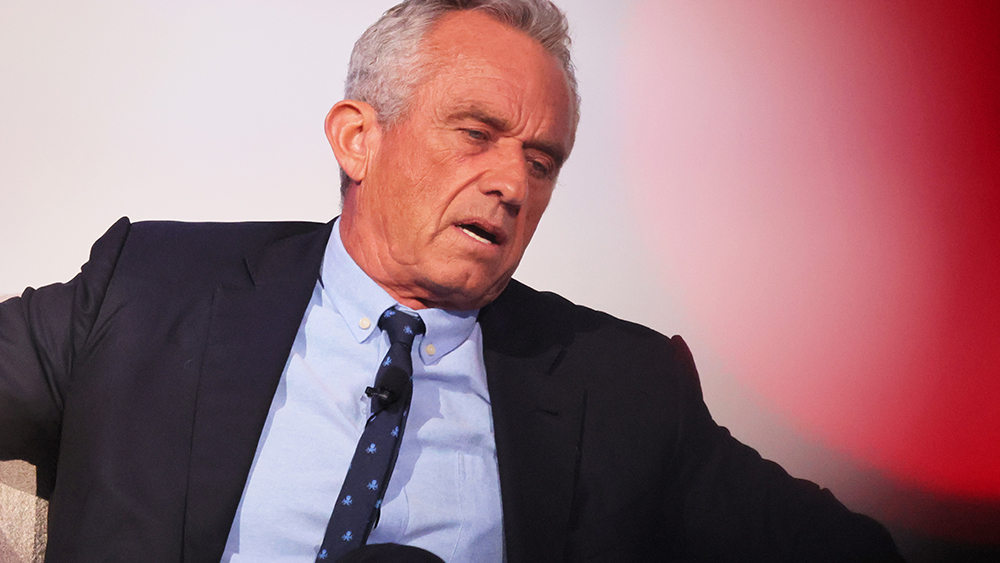 Parler
Parler Gab
Gab
- Colorado's Senate Bill 25-086 (Protections for Users of Social Media Act) passed the General Assembly with bipartisan support. It mandates social media companies to enforce stricter policies, remove violative content within 24 hours and comply with law enforcement requests promptly.
- Platforms with 1M+ users must streamline communication with Colorado authorities, respond to warrants within 72 hours and submit annual reports on minors' engagement, including product experiments (though minor-targeted testing was removed from the bill).
- Gov. Jared Polis has reservations about potential government overreach and privacy conflicts. He can sign, veto or let it pass without action (10-day window). A veto could be overridden by a two-thirds legislative majority.
- Supporters (lawmakers, parent groups) argue it protects kids from online harms, citing rising teen mental health issues, but critics warn of threats to free speech, overcensorship and private companies policing content under vague standards.
- Opponents highlight clashes with state privacy laws and question letting platforms decide violations. A state official noted risks of "delegating First Amendment interpretation" to corporations.
Supporters and critics try to influence Polis' decision on SB 25-086
While Polis has not yet signed SB 25-086, supporters and critics of the bill continue their argument trying to influence the governor in his decision. Supporters argue the bill is critical for protecting children from online harms, insisting it balances safety, privacy and free speech. Supporters, including bipartisan lawmakers and parent groups, even held a press conference at the Capitol in Denver on April 14, urging Polis to approve the measure. They argue that social media companies have failed to self-regulate, leading to rising mental health issues among teens. "This bill simply says that for users egregiously harming our kids, they cannot be given endless chances to continue victimizing others. If this kind of conduct that we see on these social media platforms were happening on the street, there would be no question about intervention. None," Sen. Lisa Frizell, a Castle Rock Republican and bill sponsor, said during the press conference. However, opponents fear the bill could erode constitutional rights, enable government overreach and stifle digital innovation. Privacy advocates warn that forcing platforms to automatically remove users based on violations, without robust safeguards, could lead to censorship and disproportionately silence marginalized voices. Michael McReynolds, a legislative liaison for the Governor's Office of Information Technology, expressed concerns about letting private social media companies decide whether a user violated the law and should be banned. "Our main concern is the discomfort with this bill's reliance on private companies to interpret and enforce the First Amendment. Delegating the nuanced and complex task of balancing free speech rights with the protection of vulnerable populations to private entities raises significant concerns about consistency, transparency and potential for overreach," he said during a House committee hearing on the bill in March. "If someone is using an expression and talking about that activity, where is that line, and how is that being interpreted?" He also raised concerns about how the data collection rule could clash with the state's privacy laws. PrivacyWatch.news has more stories like this. Watch this clip about the Australian government officially passing the digital ID bill. This video is from the Fritjof Persson channel on Brighteon.com.More related stories:
Meta abandons free speech principles, adopts globalist thought police guidelines to block speech.
Zuckerberg's sudden censorship thaw is not free speech.
Sources include: ReclaimtheNet.org ColoradoNewsLine.com Brighteon.comKlitschko: Ukraine may need to temporarily cede territories for peace
By Ramon Tomey // Share
USDA tightens SNAP eligibility rules to prevent benefits for illegal immigrants
By Laura Harris // Share
Brett Wilcox’s “Jabbed”: Unveiling the controversy behind vaccines
By Belle Carter // Share
Apple and Meta hit with first-ever fines under EU’s Digital Markets Act
By Laura Harris // Share
Governments continue to obscure COVID-19 vaccine data amid rising concerns over excess deaths
By patricklewis // Share
Tech giant Microsoft backs EXTINCTION with its support of carbon capture programs
By ramontomeydw // Share
Germany to resume arms exports to Israel despite repeated ceasefire violations
By isabelle // Share










